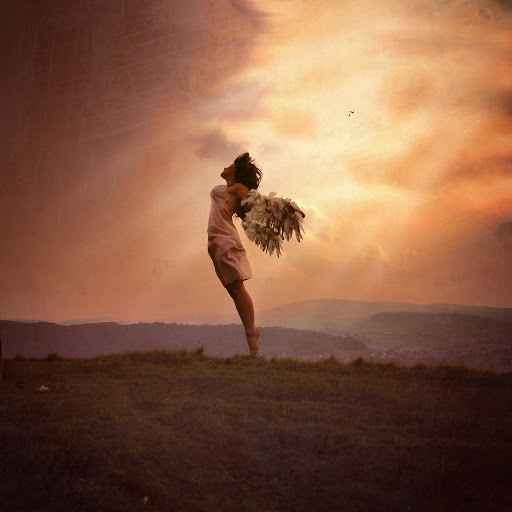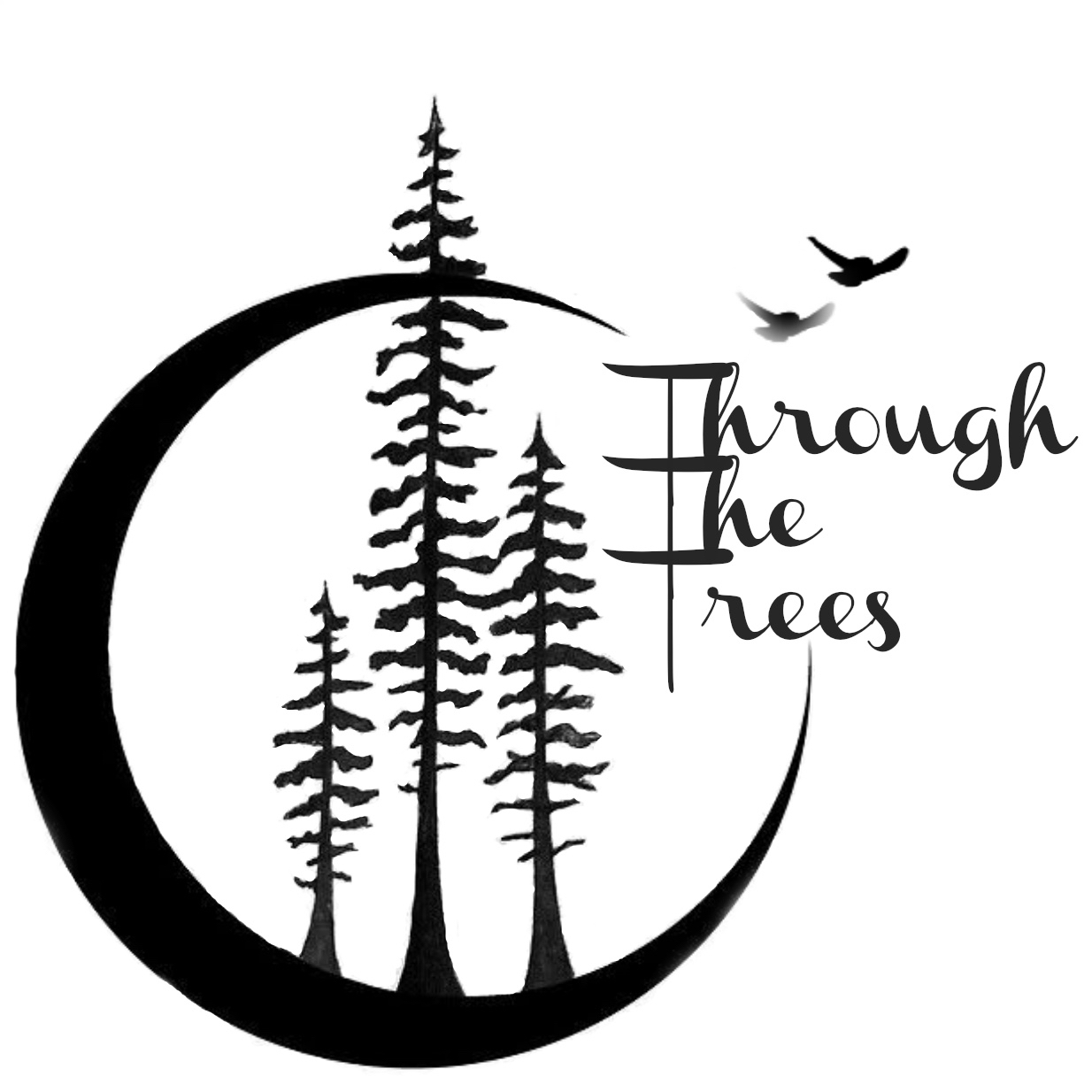The Value of Direct Experience

When did some of us stop listening to our body’s inherent and innate wisdom? When did we start feeling like strangers to nature? It usually starts early on in life when someone told us that we weren’t capable of something, that we would get in trouble if we didn’t listen to what we were told, that we would get hurt doing something, what to like, what to dislike, what to believe, that we should be scared, that life is scary and people shouldn’t be trusted.
And then what happened? Over time, perhaps you adopted more hesitation, more doubt, more fear, more reluctance and less of you. Ultimately, you learned to distrust yourself. Some of us have lost touch with our built in ability to discern what is right from wrong for ourselves because we were constantly being told outside of us what right and wrong is.
Parenting undoubtedly involves setting limits with children, and there are times that this is justified for valid reasons such as safety, respect, kindness, or when one feels that their children’s actions are infringing too much on one’s own needs (i.e. needing a break from excessive noise or not wanting certain objects to be damaged). Most experts would agree that at least some limit setting is healthy, and as a parent it’s important to know one’s own personal boundaries. However, is it possible that one may limit their children too much? Is there a time where it becomes excessive? Does there come a time that as a parent, one may need to let go just a little, trust their children and let them discover natural consequences on their own? If one doesn’t stretch their comfort in this, will they perhaps mold their children into limited beings, human beings who are unaware of and unable to reach beyond the possibilities of their full potential?
At times, one may discredit their child’s judgment and underestimate their child’s instinctive ability to trust themselves. One may tell them, “Don’t climb that tree. If you climb that tree then you’re going to fall,” but until the child tries to climb the tree, they won’t discover the remarkable sensations of climbing or their own natural capabilities. They can’t learn their own limits until they become conscious of the consequences of falling, which is ultimately the beauty of direct experience.
This doesn’t mean that one shouldn’t address an unsafe situation or offer suggestions such as, “It’s a good idea to always have three points on the tree” (two hands and a foot, two feet and a hand - see more tips on tree climbing here). Offering suggestions and assistance may vary depending on the child’s age. However, even a three-year-old can learn so much by endeavoring on those first branches and reaching for the next. As the parent or guardian, one can support this experience by first letting them give it a try and offer suggestions or assistance when needed.
Direct experience gives us the opportunity to integrate and apply the lessons we learn from experiencing something directly, which expands our capacity to learn and grow. We can empower ourselves, our children, and each other to test the waters and decide for ourselves what our limits are.
An analogy that comes to mind was stated by Douglas Harding: “the most appetizing menu won’t taste like the dinner itself.” We often miss the point and all too often we miss out. To understand something or to know something is not the same as having an experience. The value of direct experience gives us the power to consciously choose what we will do next and how far we will go, and the freedom so that others may embark on their own personalized journeys. As unique individuals, we can each honor our limitations and our unlimited qualities, while blissfully surrendering to the unknown that it won’t all look the same. There is absolutely no one-size-fits-all model that we can each apply in order to live fulfilled, happy, and daring lives. We must discover for ourselves what is true: “What do YOU think when you face the waterfall?”(Terence McKenna).
As the parent one may be a little less apprehensive toward their children, as adults we may be a little more trusting of ourselves, and as humans we may be a little more trusting of each other. Perhaps we may find the courage to, as McKenna once said, “hurl ourselves into the abyss and discover that it is truly, only a bed of feathers.”

0 comments
Leave a comment
Please log in or register to post a comment